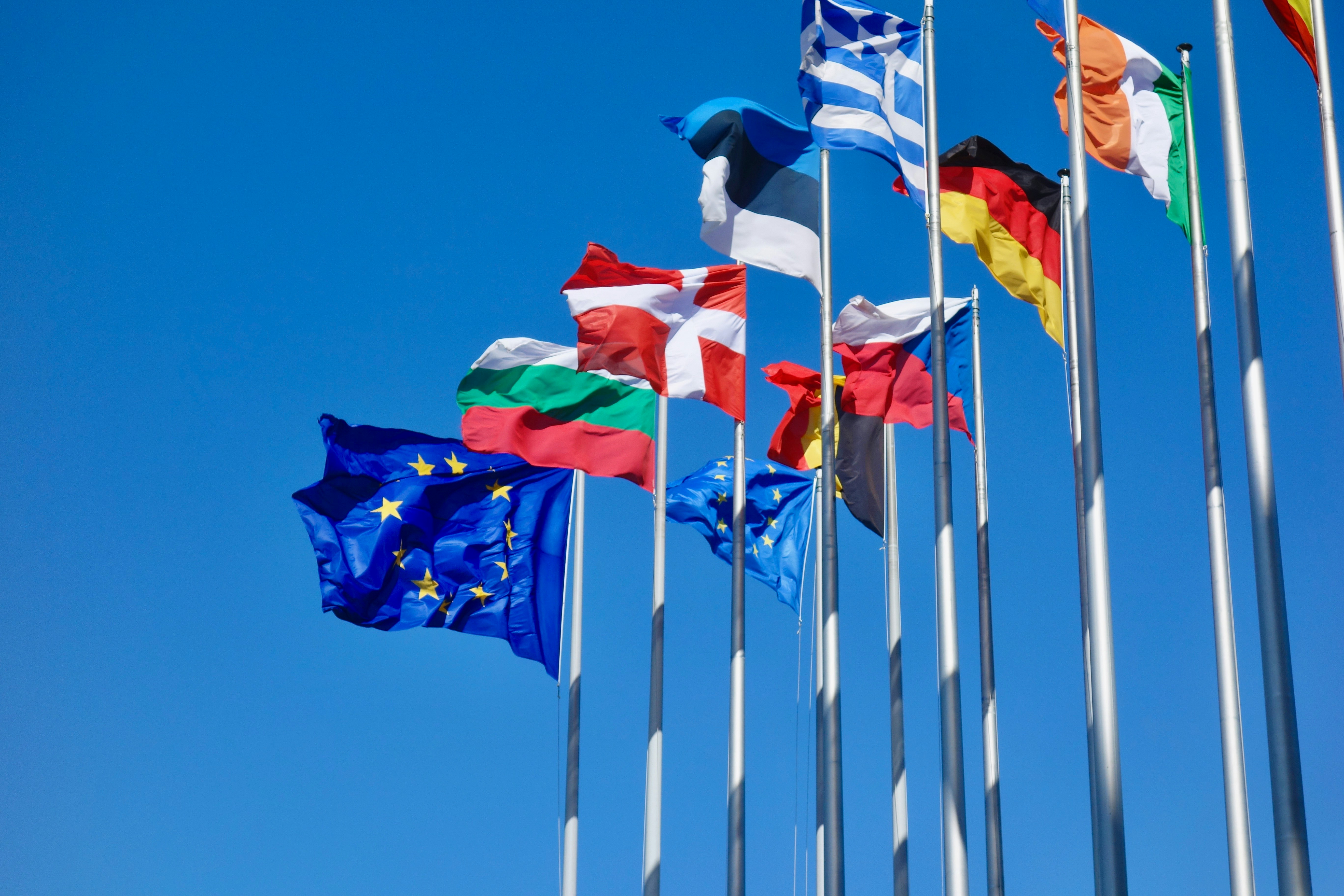[EUROPE] The European Union (EU) is strategically navigating the escalating trade tensions between the United States and China to enhance its economic leverage and assertiveness on the global stage. As the world's two largest economies engage in a high-stakes trade war, the EU is positioning itself to capitalize on the shifting dynamics.
Strategic Positioning Amid Global Trade Tensions
The trade conflict between the US and China has led to significant disruptions in global markets. President Donald Trump's administration imposed tariffs reaching up to 125% on Chinese imports, prompting retaliatory measures from Beijing at 84%. This escalation has not only strained US-China relations but also created opportunities for the EU to assert its influence.
EU's Assertive Trade Measures Against China
In response to concerns over China's trade practices, the EU has adopted a more assertive stance. European Commission President Ursula von der Leyen emphasized the bloc's readiness to utilize all available trade defense instruments to protect its industries from unfair competition. The EU has initiated investigations into Chinese subsidies in sectors such as electric vehicles, steel, wind turbines, and medical devices. These probes aim to address market-distorting practices that threaten European jobs and industries.
Strengthening Economic Ties with China Amidst Tensions
Despite trade disputes, the EU continues to engage economically with China. Spanish Prime Minister Pedro Sánchez's recent visit to China underscores this approach. Sánchez met with President Xi Jinping and business leaders to discuss cooperation in clean energy and investment, highlighting Spain's role as a leader in renewable energy. This visit also reflects Spain's strategic interest in securing critical raw materials and green technologies from China.
Leveraging Economic Interdependence
The EU's economic relationship with China is characterized by deep interdependence. In 2023, the EU imported more from China than any other country, accounting for 20.5% of all imports, and exported over €200 billion worth of goods to China. This trade relationship provides the EU with significant leverage, which it seeks to harness to influence China's trade practices and ensure fair competition.
EU's Trade Defense Mechanisms
To counteract potential economic coercion, the EU has established the Anti-Coercion Instrument (ACI). Enacted in December 2023, the ACI allows the EU to impose tariffs, restrict investments, and limit access to public contracts against countries engaging in economic coercion. This tool enhances the EU's ability to protect its interests and assert its position in global trade dynamics.
Balancing Protectionism and Cooperation
The EU faces the complex task of balancing protective measures with cooperative engagement. While safeguarding its industries from unfair competition, the EU also seeks to maintain constructive relations with China, recognizing the importance of mutual economic interests. This delicate balancing act is crucial as the EU navigates the broader context of US-China trade tensions and their global implications.
As the US and China continue their trade confrontation, the EU is adeptly leveraging the situation to enhance its global economic standing. By adopting assertive trade measures, strengthening economic ties with China, and utilizing new trade defense tools, the EU is asserting its role as a key player in the evolving global trade landscape. This strategic positioning allows the EU to safeguard its interests while contributing to the broader discourse on fair and equitable trade practices.














